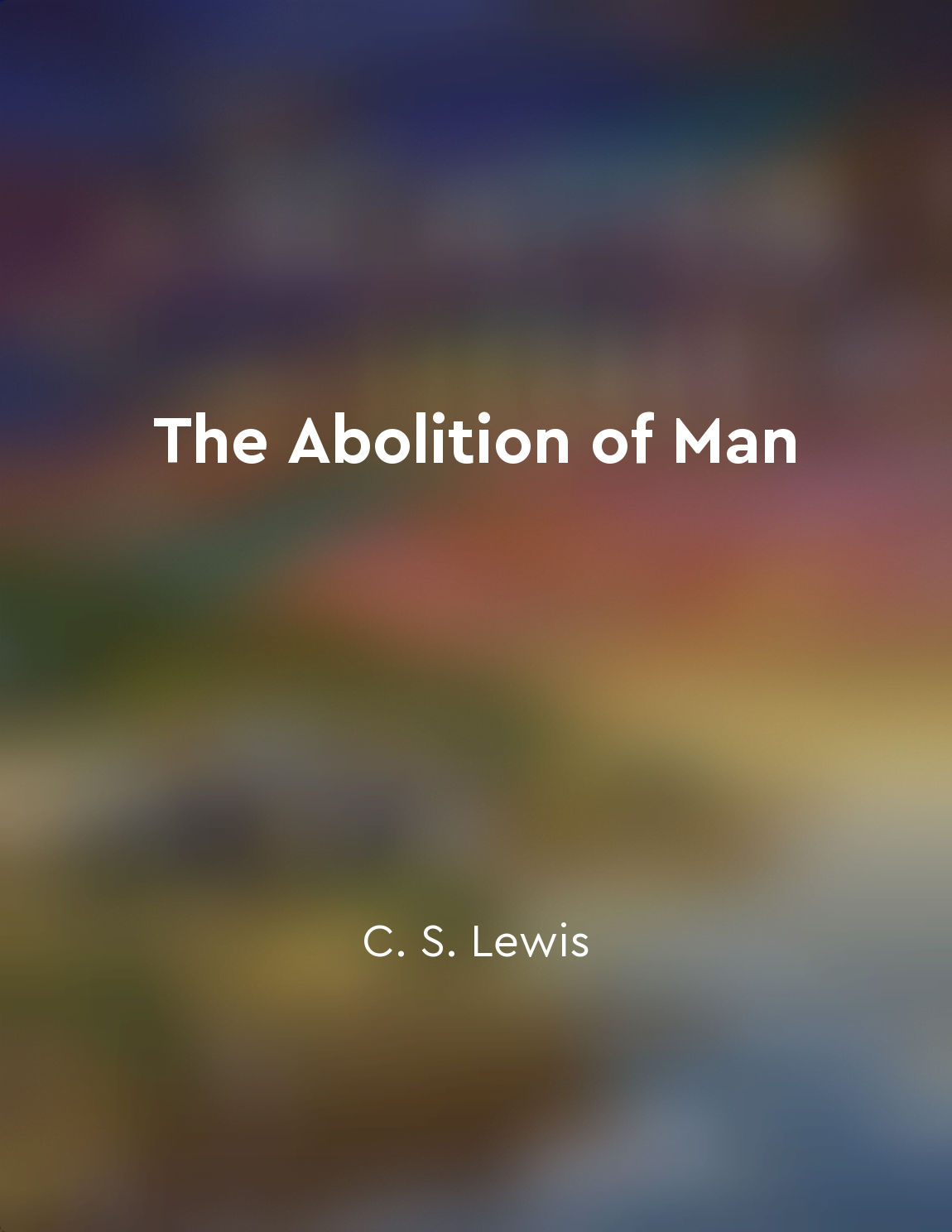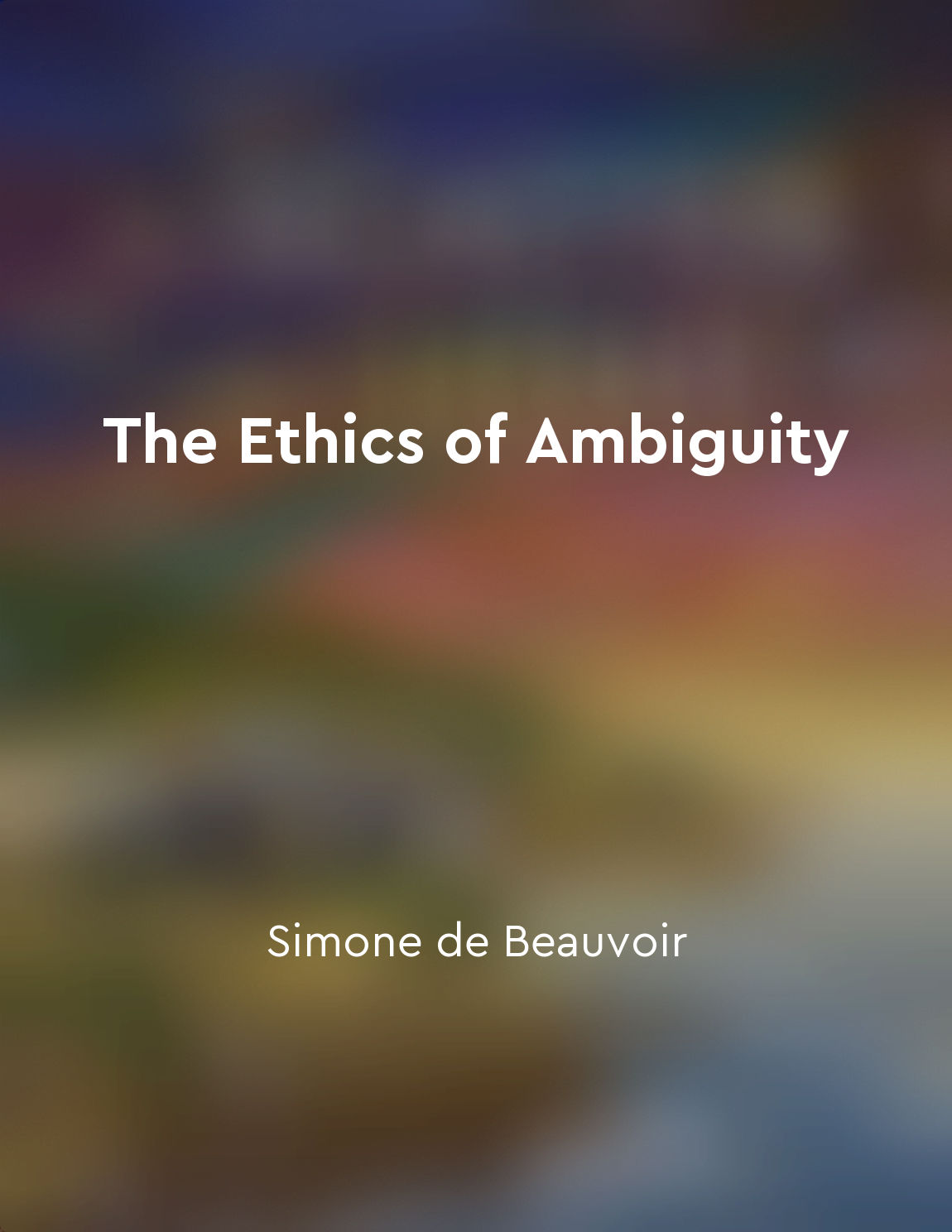Act utilitarianism from "summary" of Utilitarianism and On Liberty by John Stuart Mill
Act utilitarianism is a moral theory that evaluates the rightness or wrongness of an action based on the consequences of that particular action. According to this theory, the moral worth of an action is determined by its utility in maximizing overall happiness or pleasure and minimizing overall pain or suffering. In other words, an action is considered right if it produces the greatest amount of happiness for the greatest number of people affected by that action. This approach differs from other moral theories that focus on rules, duties, or intentions. Instead of adhering to strict rules or moral principles, act utilitarianism emphasizes the flexibility and adaptability of moral decision-making. This means that the morality of an action is not determined by its conformity to a set of pre-established rules, but rather by its ability to maximize utility in a particular situation. Act utilitarianism requires individuals to consider the specific circumstances of each situation and to weigh the potential conse...Similar Posts

Education empowers individuals to shape the future
Education is not just about acquiring knowledge or skills. It is about empowerment. It is about giving individuals the tools th...
Morality requires adherence to rational principles that can be applied universally
In the realm of morality, there must be a foundation upon which our actions are judged. This foundation cannot be based on mere...

Rationality can involve cooperation and coordination with others
Rationality, as I have argued, is a complex and multifaceted concept that goes beyond mere individual decision-making. It also ...
Ideological conflict and consensus
The clash of ideologies has long been a driving force in political discourse. It is through this clash that different perspecti...
Reflective equilibrium
Reflective equilibrium is a method of moral reasoning that seeks a balance between our considered judgments and the principles ...

The dangers of reducing humans to mere products of evolution
To see through all creatures, even through man himself, to the root from which they spring is to defeat all the seers and sages...
Rational beings must act in accordance with principles that could be universally accepted
Rational beings, by nature, possess the capacity for reason and the ability to make decisions based on principles. These princi...
The mind is a complex system of thoughts and perceptions
The human mind is a remarkable and intricate system that consists of a multitude of thoughts and perceptions. These thoughts an...

Ambiguity arises from the nature of human existence
Ambiguity is an inherent aspect of human existence, arising from the very nature of our being in the world. As conscious beings...
